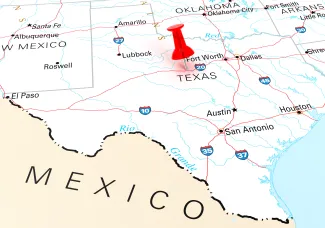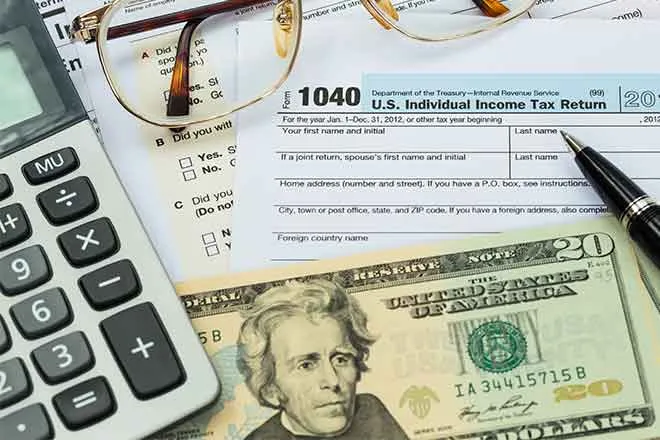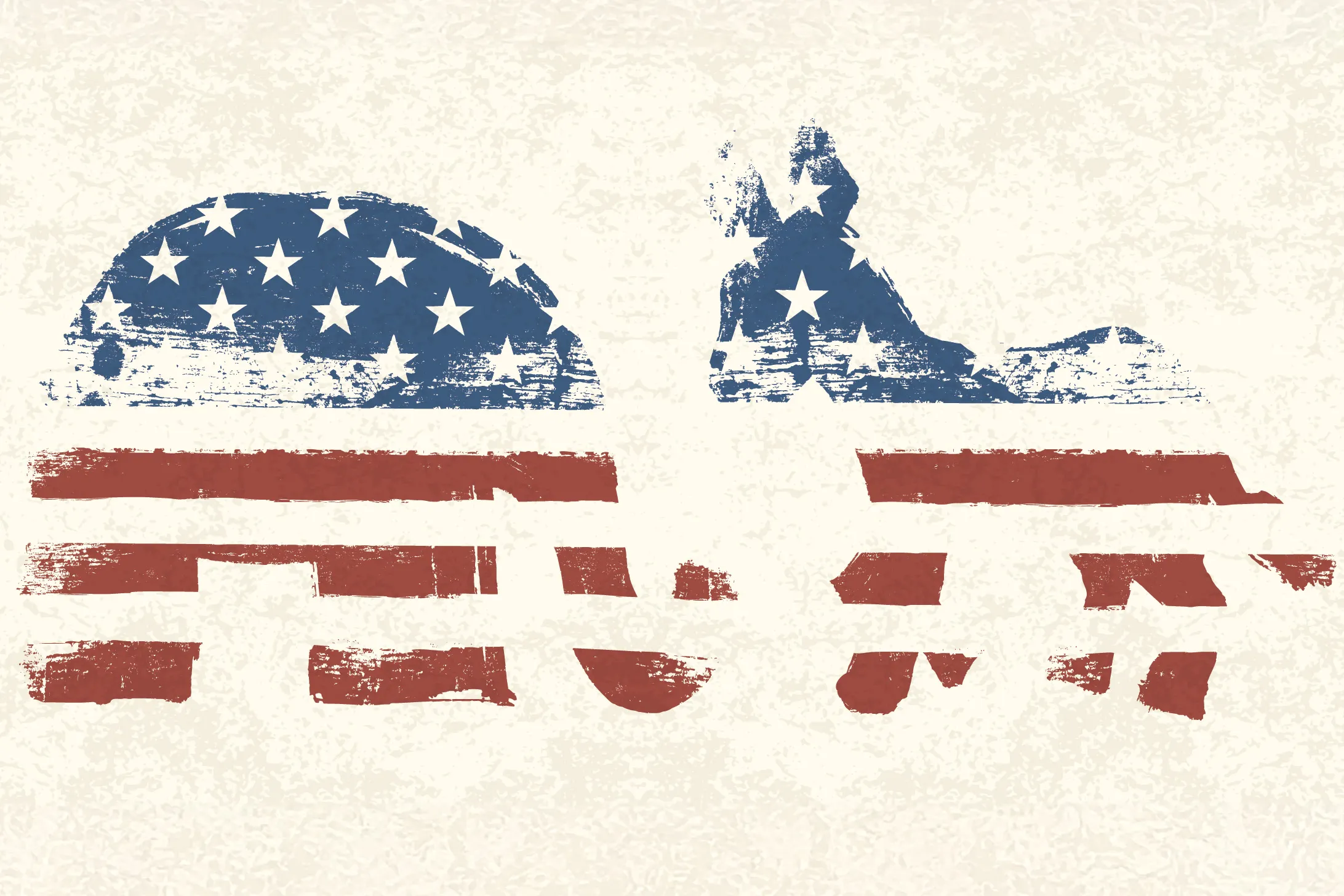
Texans brace for financial impact of trade wars
Click play to listen to this article.
Texas is the number one exporting state in the nation - and although tariffs with Mexico and Canada have been delayed, Texans are still uneasy about their financial future. President Donald Trump has levied a 145 percent tariff on products from China, with all other countries subject to a 10 percent tariff.
Ray Perryman, economics professor at the International Institute for Advanced Studies says as the trade wars continue, Texans can expect to pay higher prices for everything.

"When steel and aluminum cost more and lumber costs more, that means houses cost more. There's a lot of cars that are made in Texas, where various pieces of it cross the border five or six times. So, when you start levying a 25 percent tariff every time something crosses the border, that's when you start adding thousands of dollars to the price of a car," he said.
Mexico is the top import-export market for the Lone Star State. And Texas companies imported almost $160 billion in goods last year.
A report by the Perryman Group estimates if the tariffs with China remain in place, and tariffs with Mexico and Canada are unfrozen, Texas would lose more than $50 billion a year and more than 400,000 jobs. Perryman adds the uncertainty of the markets is crippling.
"One of the worst things for an economy is uncertainty, because if you're not sure what's going to happen, you don't know what to do. And most people respond to that by not doing anything. You don't want to bring out a new product, you don't want to build a new plant, you don't want to hire more people, you don't want to make a big purchase if you're uncertain about the future," he continued.
Perryman predicts if tariffs with Mexico and Canada go into effect, all the tariffs combined would cost each American household an additional $1,500 a year.

















